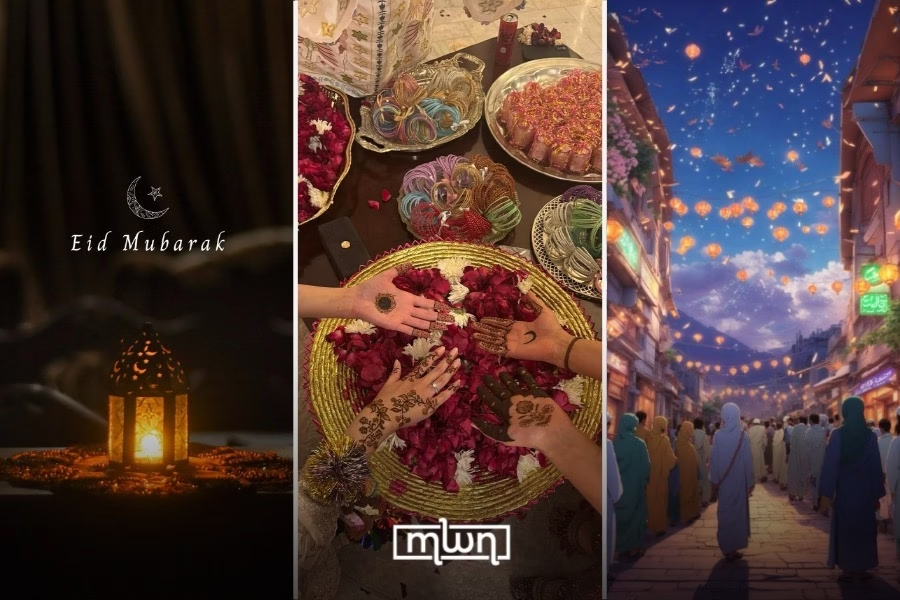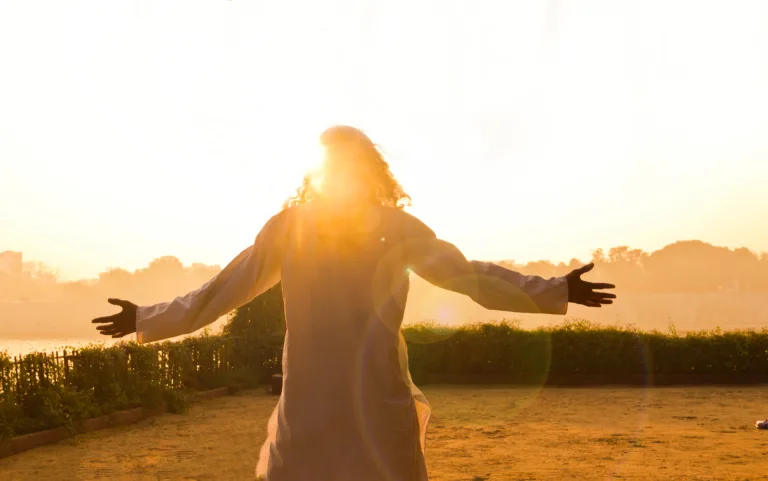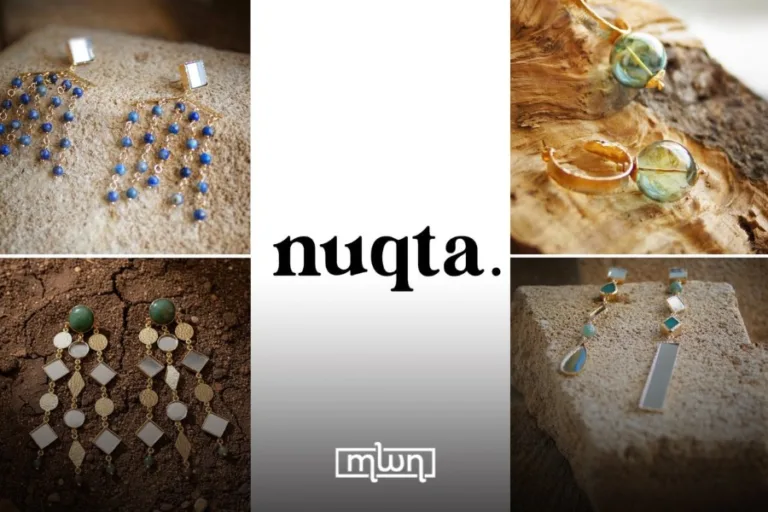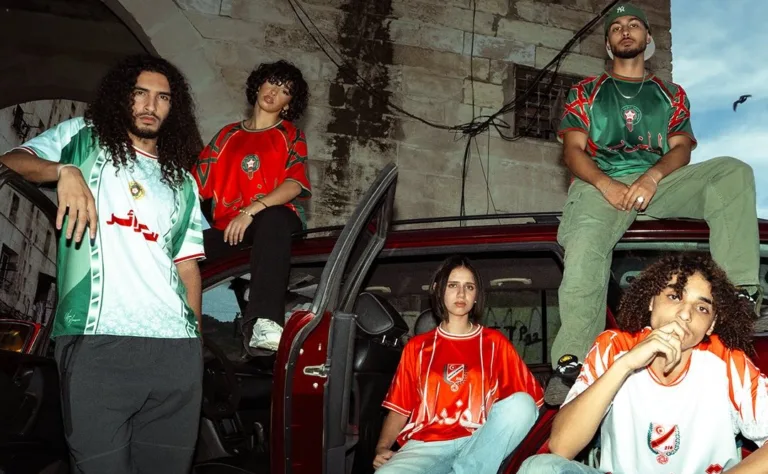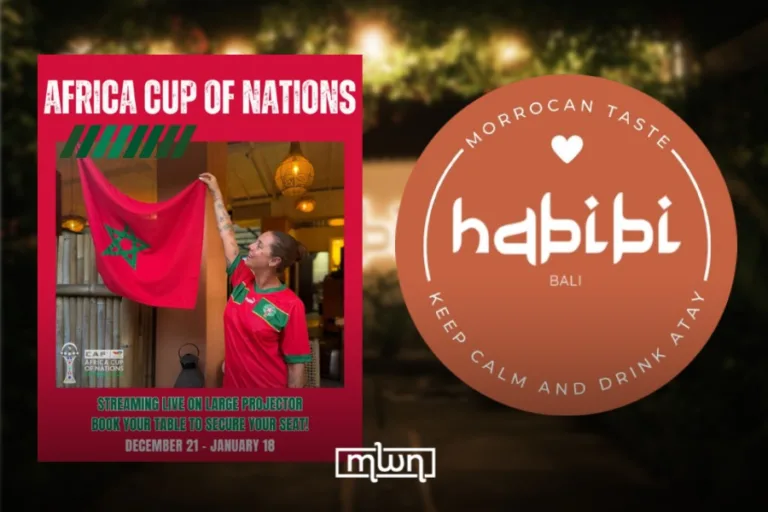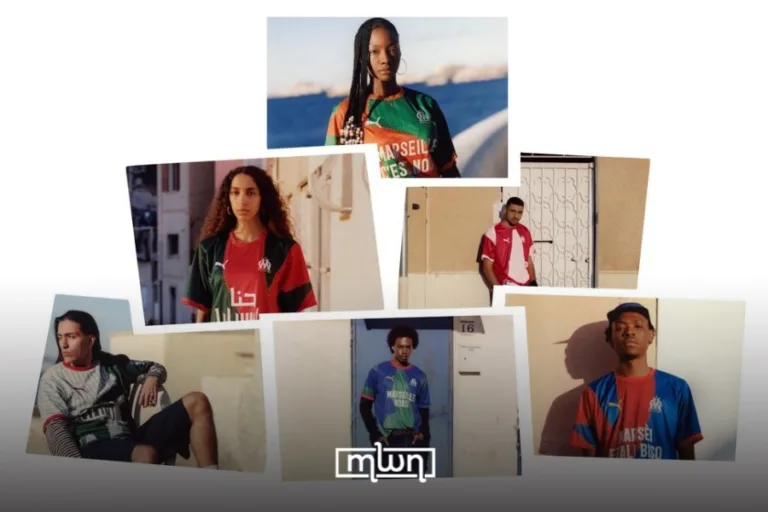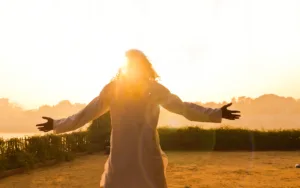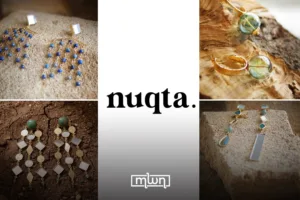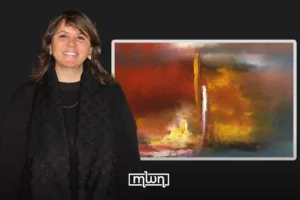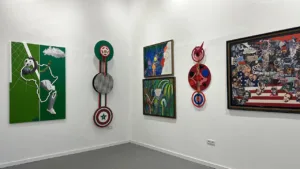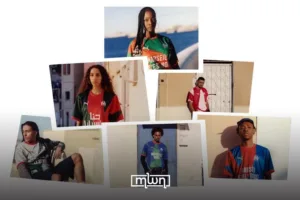Marrakech – Eid Al Fitr carries a deeper significance — not just for those who observe it, but for anyone who values renewal, generosity, and human connection.
For Muslims, Eid Al Fitr is a spiritual reset, a day to celebrate the strength and discipline cultivated during Ramadan.
The morning begins with a special prayer, followed by visits to family and friends, exchanging gifts, and — perhaps most importantly — giving to those in need through Zakat Al Fitr, a charitable donation ensuring that no one is left out of the festivities.
It’s a time of gratitude, forgiveness, and looking forward with a renewed heart.
But the essence of Eid isn’t exclusive to Muslims.
At its core, Eid Al Fitr embodies universal values — kindness, community, and generosity.
Whether it’s neighbors exchanging sweets, colleagues sharing in the joy, or friends joining the celebrations, the day offers an opportunity for people of all backgrounds to connect and appreciate the beauty of cultural and religious traditions.
For non-Muslims, Eid may not be a holiday they personally celebrate, but it is a chance to witness a spirit of giving and gratitude in action.
Whether by accepting an invitation to an iftar, learning about the significance of the day, or simply embracing its message of kindness, there’s something profoundly relatable in the joy of coming together after a time of reflection.
At its heart, Eid Al Fitr is a celebration of new beginnings, shared happiness, and the idea that generosity enriches everyone.
So, whether you’re fasting or feasting, observing or simply appreciating, Eid is a reminder that joy is meant to be shared.

